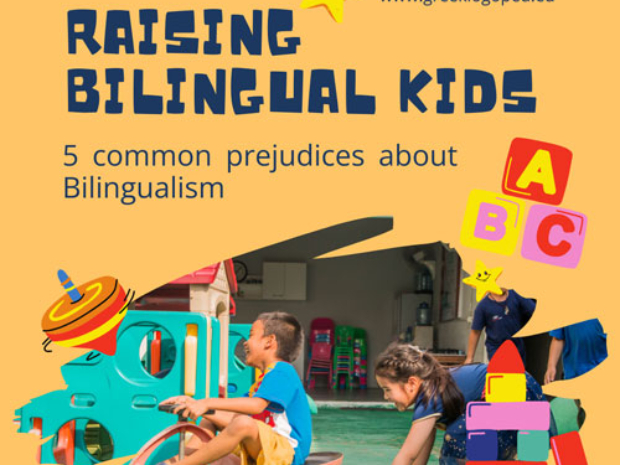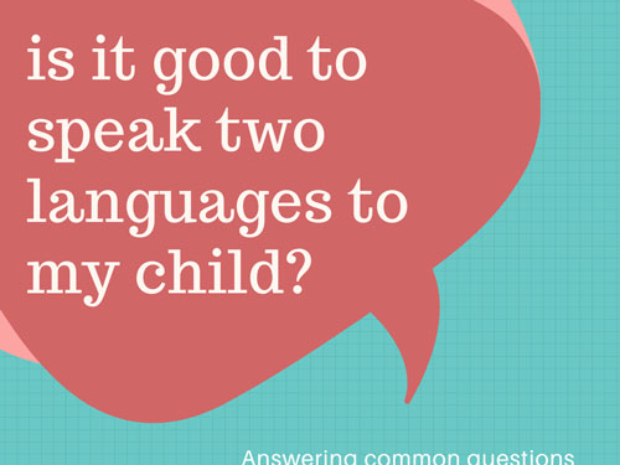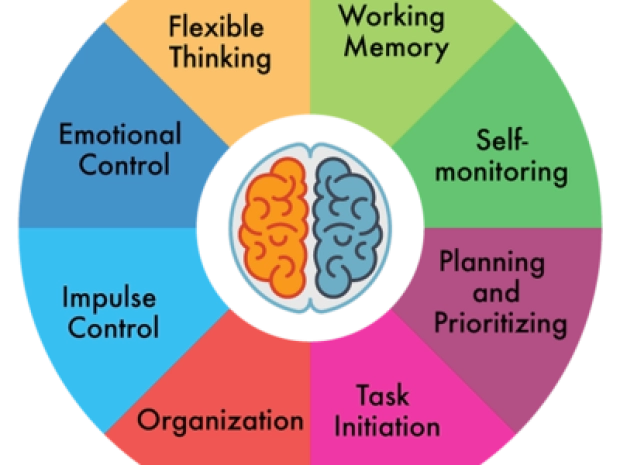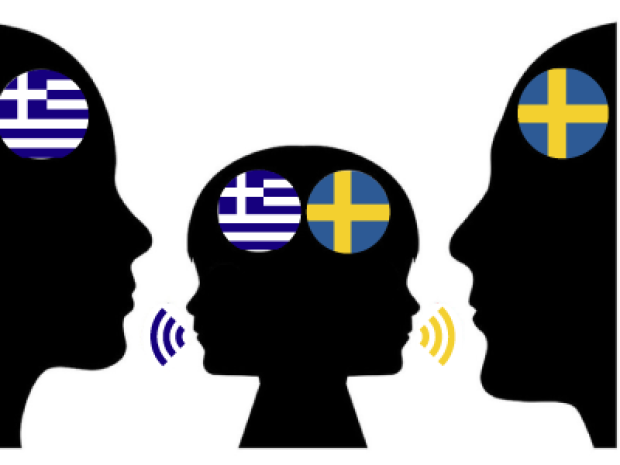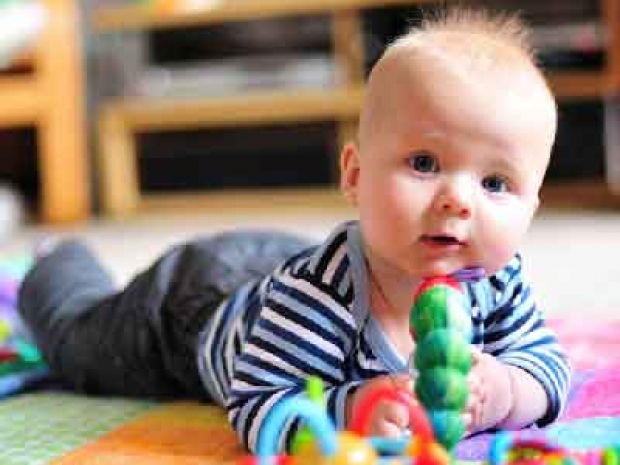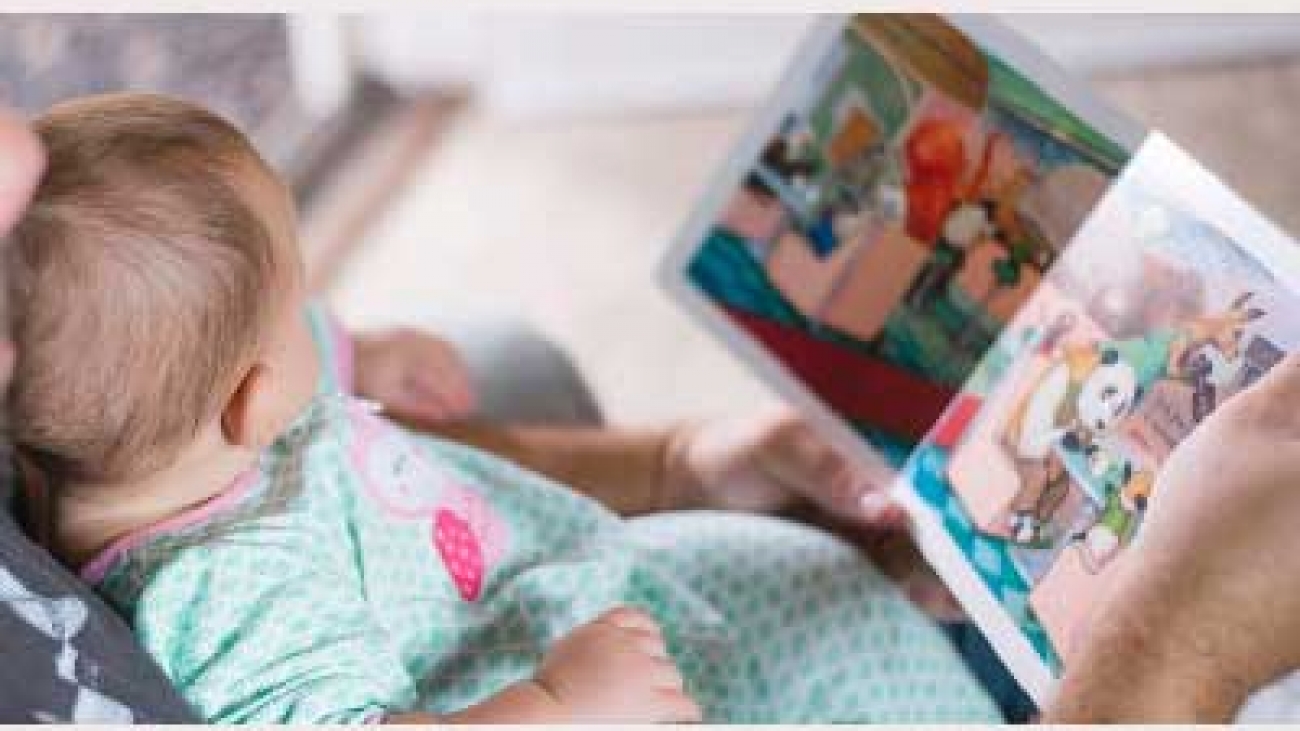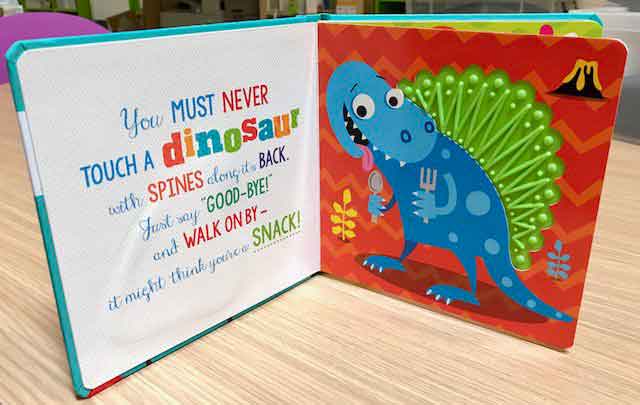Λάθη γονέων σχετικά με την πρώιμη παρέμβαση
Η έγκαιρη διάγνωση και παρέμβαση οποιασδήποτε δυσκολίας ή επιβράδυνσης στην ανάπτυξη του λόγου και της ομιλίας στα παιδιά είναι πολύ σημαντική, για την μετέπειτα σχολική του πορεία, αλλά και για την επικοινωνία του γενικότερα. Πολλοί γονείς υιοθετούν την προσέγγιση «ας περιμένουμε λίγο». Αυτό είναι σφάλμα. Για κάθε μήνα που περιμένεις, το παιδί μένει ακόμα περισσότερο πίσω στα στάδια που κανονικά θα έπρεπε να είχε κατακτήσει.
Λάθη που κανουν οι γονείς απο έλλειψη ενημέρωσης
Σε συζητήσεις που κάνουν οι γονείς μεταξύ τους ακουγεται συχνά:
«κι εμένα ο μικρός μου, δεν μπορούσε να πει το σίγμα κάποιες φορές αλλά το διόρθωσε μόνος του μεγαλώνοντας» ή «άργησε να μιλήσει και τελικά μετά τα 2,5 ανέπτυξε την ομιλία του κι όλα καλά».
Αυτό είναι σφάλμα.
Κάθε παιδί έχει διαφορετικό βιολογικό και αναπτυξιακό ιστορικό. Οι γονείς δεν μπορούν να βασίζονται σε μια επιφανειαξή σύγκριση με παιδιά φίλων και γνωστών. Είναι προτιμότερο, οι γονείς να αναζητούν την εκτίμηση του ειδικού.
«δεν μιλάει ακόμα καθαρά, αλλά όταν πάει σχολείο και μάθει τα γράμματα, θα τα πει τότε σωστά».
Λάθος.
Ένα παιδί που μπερδεύει φωνήματα στην ομιλία του, θα μπερδεύει και τα αντίστοιχα γράμματα αργότερα στο σχολείο.
«Ας πάμε να ρωτήσουμε τον παιδίατρο».
Ανεπαρκές.
Ο παιδίατρος είναι εξειδικευμένος σε ιατρικά θέματα, γενικής παθολογίας. Η εκπαίδευσή του σε καμία περίπτωση δεν επαρκεί για να διαγνώσει μια καθυστέρηση στην ομιλία. Οι συνεπείς παιδιατροι παραπέμπουν τα ζητήματα ομιλίας σε Λογοθεραπευτή.
Οι έρευνες έχουν δείξει:
Μια ενδεχόμενη καθυστέρηση στο λόγο ή την ομιλία μπορεί να επηρεάσει σε μεγάλο βαθμό τη σχολική επίδοση του παιδιού. Για να μπορέσει το παιδί να ανταπεξέλθει στις σχολικές υποχρεώσεις, χρειάζεται να χτίσει πρώτα πολυάριθμες προσχολικές ικανότητες, οι οποίες συμβαίνουν πριν τα 5 του χρόνια.
Η γλωσσική ανάπτυξη του παιδιού συσχετίζεται με ένα μεγάλο εύρος δεξιοτήτων, όπως η προσοχή, η ακουστική αντίληψή και διάκριση, η κατανόηση, η επίλυση προβλημάτων, η επικοινωνία κι η έκφραση συναισθημάτων.
Οποιαδήποτε γλωσσική διαταραχή μπορεί να έχει αρνητικό αντίκτυπο στην κοινωνική υπόσταση του παιδιού και στην αυτοπεποίθησή του. Όταν ένα παιδί νιώθει ότι δεν γίνεται κατανοητό, μπορεί ηθελημένα να αποφεύγει τις ευκαιρίες για κοινωνική επαφή, γιατί απαιτεί χρήση της γλώσσας.
Γι’ αυτό ακολουθείς πάντα το μητρικό ένστικτο! ως γονιός μπορείς να μάθεις στρατηγικές που θα βοηθήσουν το παιδί να εξελίξει τις γλωσσικές του ικανότητες.


